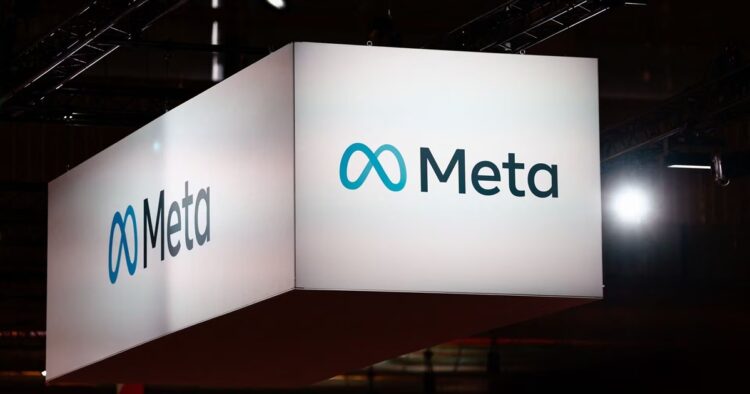A Sao Paulo court has issued a verdict instructing Meta Platforms, Inc., the parent company of Facebook, to cease using the name “Meta” within Brazil’s borders within 30 days. The decision, announced by the Sao Paulo State Court of Justice on February 28, follows a lawsuit filed by a local computer services provider, Meta Servicos, citing confusion and damages caused by the similarity in names.
The lawsuit, brought forward by the Barueri-based firm Meta Servicos, argued that since Meta Platforms rebranded itself as Meta in 2021, confusion has arisen leading to numerous legal issues and cases of mistaken identity. Meta Servicos, which had registered its brand with Brazil’s National Institute for Intellectual Property in the late 2000s, claimed it had been wrongfully involved in over 100 lawsuits and had Instagram profiles disabled due to impersonation.
During the trial, Meta Servicos highlighted the significant increase in mistaken cases against their company, which rose from 27 to 143 over the duration of the legal proceedings. The court, in its ruling, acknowledged the longstanding trademark registration of Meta Servicos, spanning over a quarter of a century, and emphasized the importance of foreign companies adhering to local regulations when operating within Brazil.
The judges underscored the necessity for Meta Platforms, formerly known as Facebook, to respect existing trademarks and comply with Brazilian laws. Failure to adhere to the court’s decision within the stipulated 30-day period would result in Meta Platforms incurring a penalty of 100,000 reais ($20,201) per day. However, Meta Platforms retains the option to appeal the court’s ruling.
The verdict concludes a seven-month-long legal battle over trademark rights between the social networking giant and Meta Serviços, marking a significant milestone in safeguarding intellectual property within Brazil. Meta Platforms, in its transition to focusing on the development of the “metaverse,” a shared virtual environment, adopted the name “Meta” to align its brand with future aspirations, but this move encountered resistance due to conflicts with existing trademarks.

















Comments